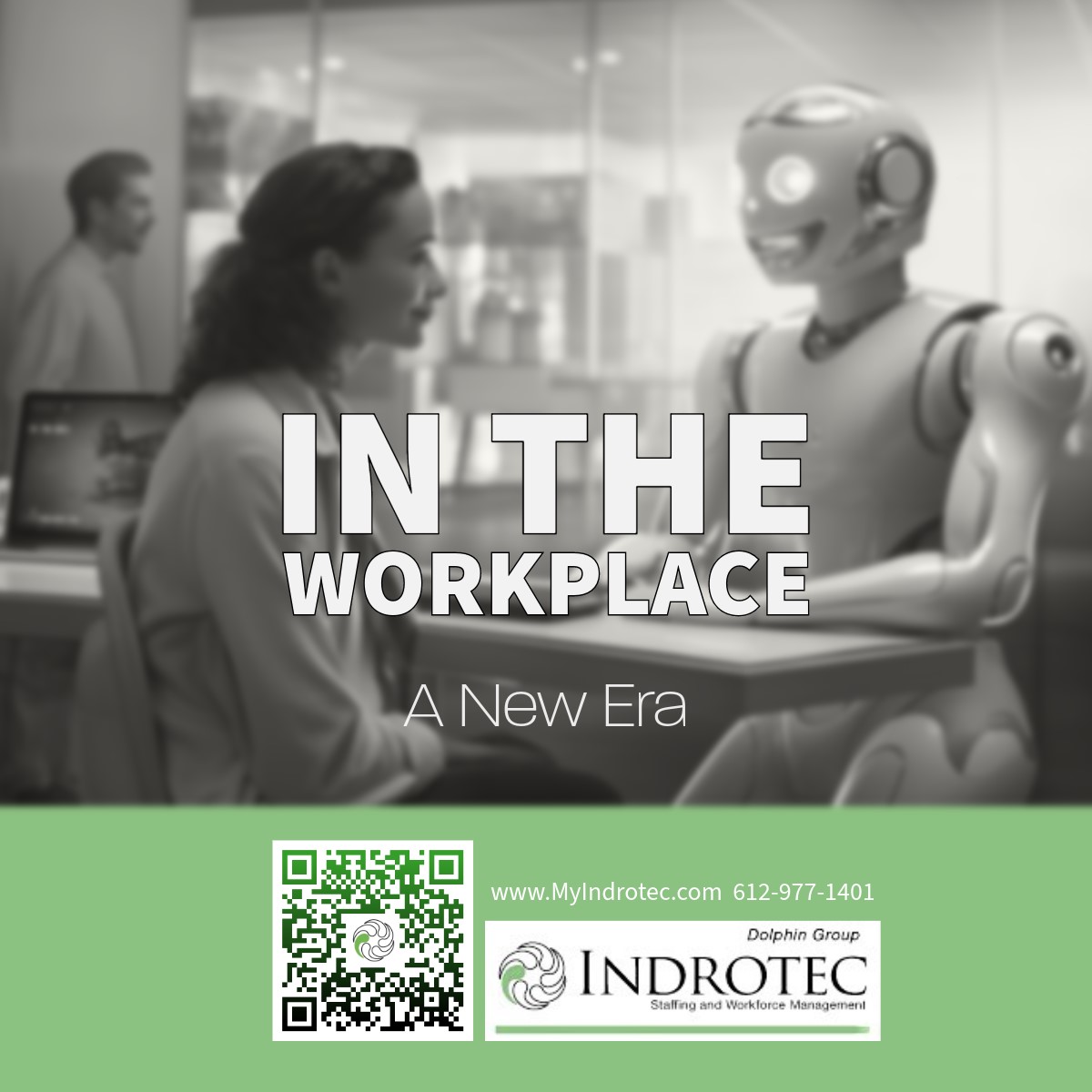Navigating Workplace AI Hesitation: Finding Balance in Innovation

One of the primary concerns surrounding AI adoption is the fear of job displacement or automation of tasks traditionally performed by humans. While AI undoubtedly streamlines processes and augments productivity, it also raises valid questions about the future of work and the role of human employees in an AI-driven environment.
Moreover, there are apprehensions regarding data privacy and security, as AI systems often rely on vast amounts of sensitive information to operate effectively. Ensuring robust cybersecurity measures and transparent data handling practices is essential to alleviate these concerns and foster trust in AI technologies.
Additionally, the perceived complexity of AI systems and the learning curve associated with their implementation can deter organizations from embracing AI fully. Comprehensive training programs and ongoing support are crucial in empowering employees to harness the potential of AI tools effectively.
Despite these challenges, it's essential to recognize that AI presents immense opportunities for innovation and growth. By fostering a culture of adaptability, continuous learning, and collaboration, organizations can navigate the complexities of AI adoption while maximizing its benefits.
In conclusion, while workplace AI hesitation is understandable, it's vital to approach AI integration with a balanced perspective. By addressing concerns proactively, providing adequate training and support, and emphasizing the collaborative relationship between humans and AI, organizations can unlock the full potential of AI while ensuring a positive and sustainable work environment.
